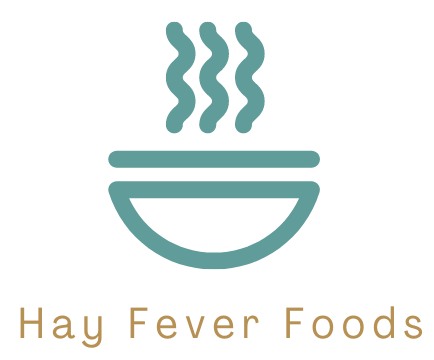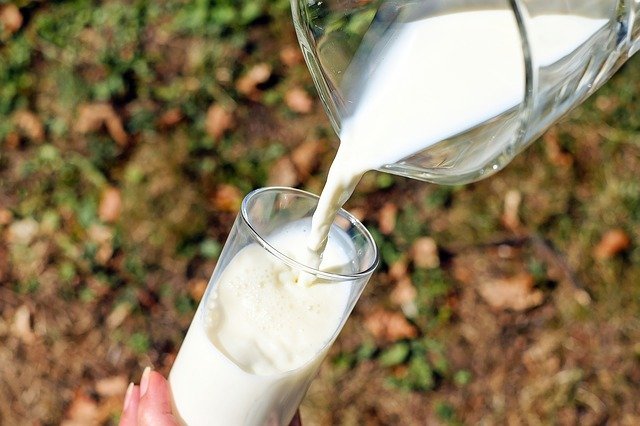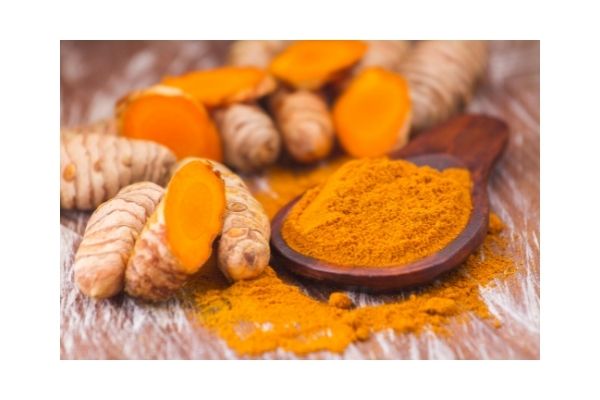Yes, milk is bad for hay fever. Well, it is not only bad but dangerous for hay fever. Drinking milk, be it warm or cold or at any temperature, does not change its cold properties.
Milk can exacerbate common hay fever symptoms such as nasal congestion because milk increases the production of mucus in the respiratory tract.
Milk has a sweet taste and a cooling effect. It balances all three doshas, but it has a better impact regarding the balance on Vata and Pitta constitutions. Milk has a harmful impact on Kapha dosha because it increases coldness if consumed improperly or excessively.
When Kapha dosha has increased or when the hot and cold is imbalanced, the consumption of milk and milk products can lead to mucus formation and adverse effects on health, causing hay fever symptoms.
From the Ayurveda perspective, the consumption of cold milk strengthens Kapha dosha, and this can lead to the accumulation of mucus. Try alternatives to milk such as almond milk and soy milk.
Based on the ancient Indian science of medicine Ayurveda, all foods have hot and cold properties. Therefore, the food we consume affects the hot and cold balance of our bodies.
From the Ayurveda perspective, a healthy body has a balance of hot and cold. Lung health problems are related to excess coldness, and phlegm is an indicator of that imbalance.
Avoiding food that creates coldness in the body and consuming food that makes heat in the body can be helpful to get long-term relief from hay fever and other phlegm related problems.
Foods such as ginger, coconut, turmeric, carom seeds, cumin, honey, hibiscus, chillies, black pepper and nutmeg are excellent sources of generating heat in the body which will help you survive in the hay fever season. You can refer to our hay fever relief guide for recipes infused with the above list of food. Once you follow the hay fever guide, you don’t have to live with irritating symptoms. You can learn to avoid triggers and find the proper treatment through us.







